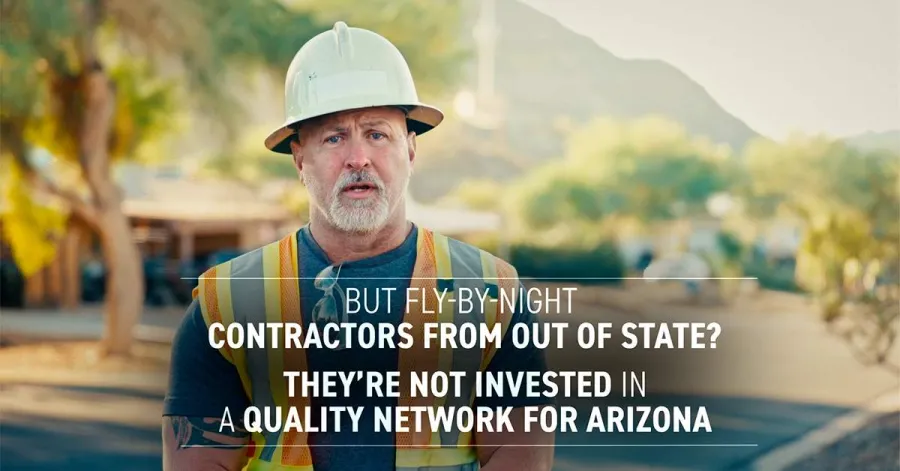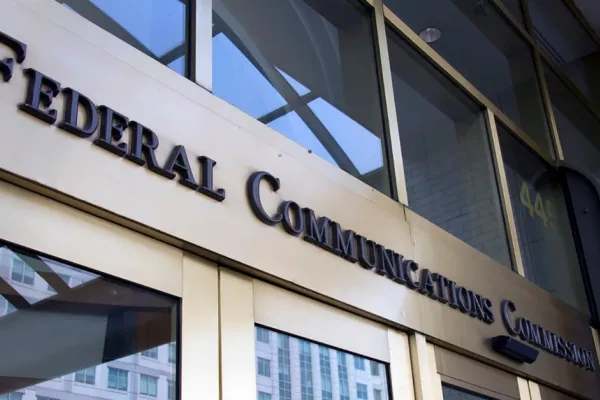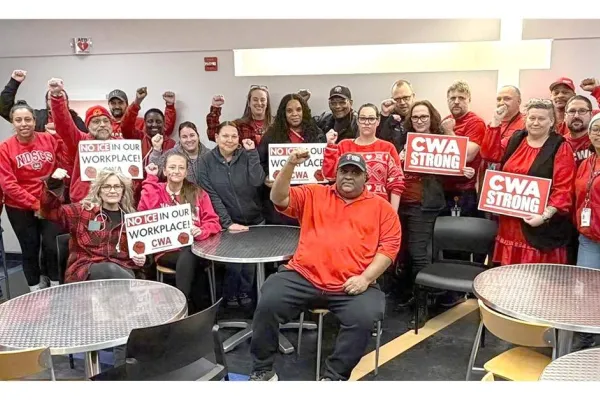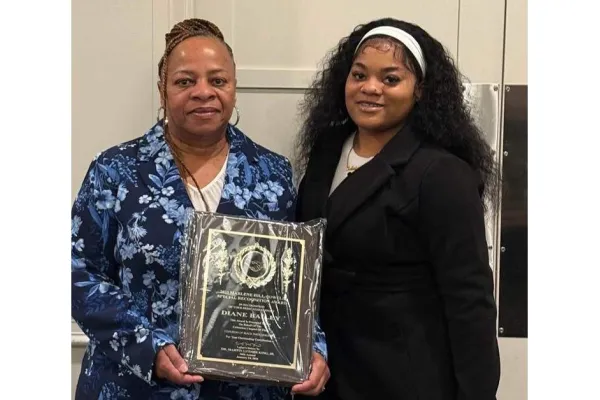CWA Members Advocate for Safe, Reliable Broadband and Good Jobs

With states due to submit their plans for distributing broadband funding from the Infrastructure Investment and Jobs Act (IIJA) by the end of year, members of CWA’s Broadband Brigade and local activists have been busy pushing for high labor standards to ensure the job is done right.
CWA District 3 Broadband Lead Keith Busby, a member of Local 3611, represented CWA members at the U.S. Broadband Summit in Washington, D.C., earlier this month. Speaking to an audience of state and local government officials and broadband providers, Busby shared information and shocking photos about the consequences when low-road contractors are used for broadband buildout instead of well-trained, experienced CWA members. Later in the conference, a Verizon executive cited Keith’s presentation to emphasize the importance of using skilled workers with safety training for broadband projects.

Broadband Brigade member Keith Busby from CWA Local 3611 (left) discusses the importance of high labor standards with attendees at the U.S. Broadband Summit following his presentation.
In Arizona, members released a new digital advertisement featuring CWA Local 7019 member William Cody. He explains the importance of using well-trained local workers for broadband infrastructure projects and encourages viewers to ask state officials to devise high-quality broadband deployment plans.
CWA District 7 Vice President Susie McAllister noted, “Over 30 percent of Arizona households do not have access to high-speed internet, limiting residents’ ability to access essential services, such as telehealth, and the opportunity to stay connected in the digital age. This record funding is an opportunity to change that, but the money is only as good as the labor standards the state chooses to establish. By committing to a highly trained, local workforce that we know will build reliable broadband that will stand the test of time, we can also open the door to good, family-sustaining jobs for thousands of Arizonans in underserved communities.”
CWA and Allies File Comments Supporting FCC Oversight of Voice Service in the Internet Age
Legacy T and Activision Members Meet With CWA President Cummings in Minneapolis
CWA Celebrates Dr. Martin Luther King Jr. With the CBTU



